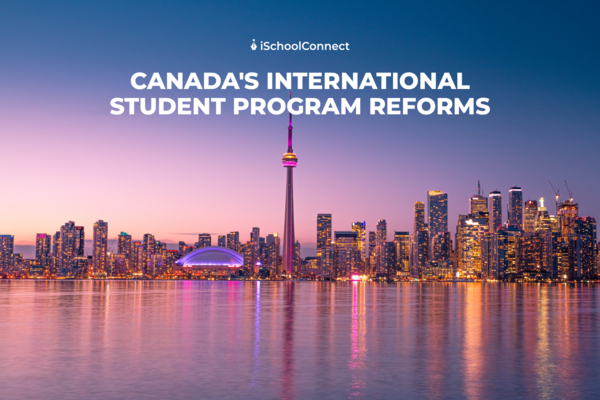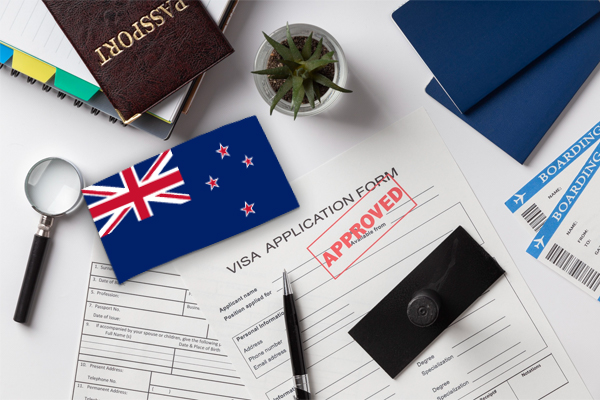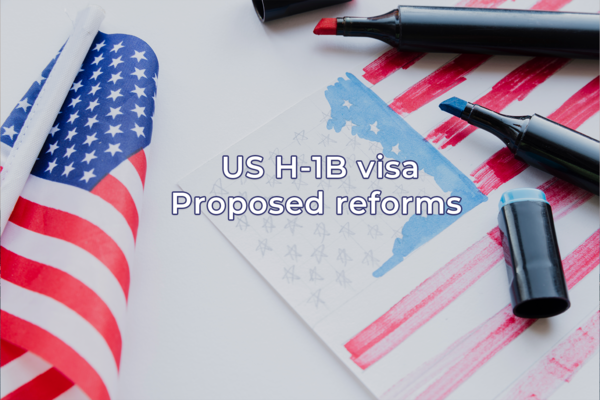Table of Contents
Why the changes?
Canada’s recent announcement regarding reforms to its International Student Program reflects a commitment to manage sustainable growth in the face of escalating numbers of international students. These changes aim to foster population growth while maintaining system integrity. Ensuring a positive experience for international students in Canada.
What are the changes?
To address the rapid growth of international students in Canada, significant reforms have been introduced to Canada’s International Student Program. These changes, aim to streamline the application process and ensure sustainable management of the program. Here’s a breakdown of the key changes:
1. Cap and Provincial Attestation Letter (PAL) requirement
Effective January 22, 2024, most new post-secondary international students must include a Provincial Attestation Letter (PAL) with their study permit application. This PAL serves as evidence that the student has been accommodated within a provincial or territorial allocation under Canada’s international student program cap. Exceptions to this requirement include primary and secondary school students, master’s or doctoral degree students, and visiting or exchange students.
2. Post-Graduation Work Permit (PGWP) extension for Master’s degree graduates
Starting February 15, 2024, graduates of master’s degree programs lasting less than two years will be eligible for a three-year PGWP. Aligning with efforts to facilitate their integration into Canada’s labor market and potential transition to permanent residence.
3. PGWP eligibility for public-private partnership college programs
In response to concerns about the quality of education and student support at public-private partnership colleges. IRCC has restricted PGWPs for these institutions within Canada’s international student program. While current international students enrolled in such programs remain eligible for a PGWP, new students will not qualify.

4. Changes to open work permit eligibility for spouses
Eligibility for open work permits for spouses and common-law partners of international students will be updated, restricting access to those accompanying students in graduate and professional degree programs only. Spouses and partners of students in other programs will no longer qualify unless they already hold an open work permit.
Where and when do these changes apply?
The reforms came into effect on January 22, 2024, impacting international students applying for study permits and post-graduation work permits. The government aims to ensure a smooth transition, with provinces and territories expected to implement PAL issuance plans by March 31, 2024.
How do these changes impact you?
If you’re an international student or planning to study in Canada, these reforms may affect your application process, post-graduation opportunities, and your spouse’s eligibility for work permits within Canada’s international student program. Understanding these changes can help you navigate the Canadian education landscape effectively.






